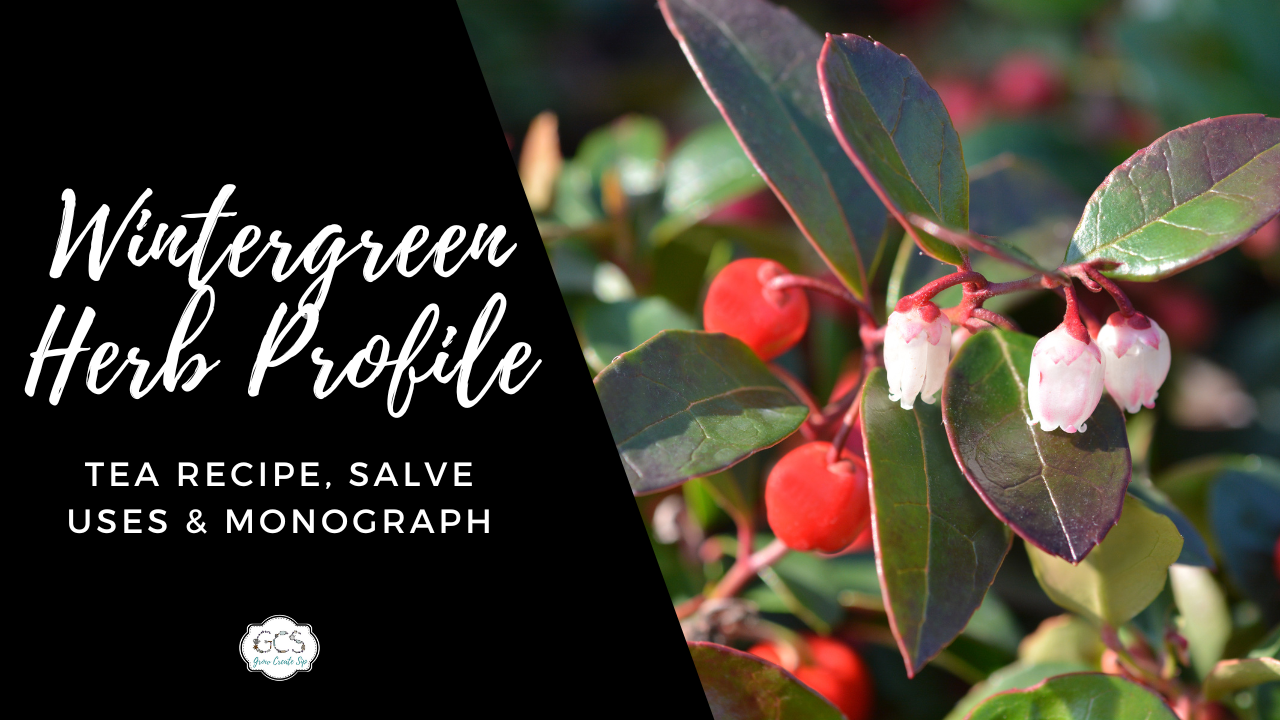Best Water for Brewing Kombucha - The Ultimate Guide
Sep 19, 2023
Here we talk a lot about kombucha scobys, and if they are moldy or not and how to flavor your kombucha , and kombucha benefits but often we leave out chatting about the quality of the ingredients that make up the best kombucha brew. And while there is tea and there is the scoby the best water to use for kombucha is usually left out of the conversation, I mean water is water, right?
For kombucha home brewers in order to up the quality of our kombucha brew it's important to use high quality water. In this comprehensive guide, we will delve into the vital role that water plays in the art of brewing kombucha. From well water to tap water, we will explore various water sources and address common concerns and contaminants. Get ready to enhance your home brewing experience!

Why Water Matters in Kombucha Brewing
Water is the foundation of any successful kombucha brew. It not only provides hydration for the SCOBY (Symbiotic Culture of Bacteria and Yeast) but also serves as a medium for extracting the flavors and nutrients from the tea leaves when you brew tea. The quality and characteristics of water directly impact the fermentation process and ultimately influence the taste, aroma, and overall quality of your kombucha.
Understanding Water Characteristics
pH Balance: Striking the Right Chord
Maintaining the ideal pH balance is essential for a thriving SCOBY and optimal fermentation. Kombucha thrives in a slightly acidic environment, typically between pH 2.5 to 3.5. Test the pH of your water using pH strips or a digital pH meter to ensure it falls within this range.
Mineral Content: A Balancing Act
Minerals play a crucial role in kombucha fermentation, influencing flavor development and the SCOBY's health. While some minerals are beneficial, excessive amounts can hinder fermentation. Understanding your water source's mineral content is key to achieving the desired balance. If using the ideal type of water you shouldn't have to be too concerned here.
When it comes to minerals in kombucha, striking the right balance is crucial. Good minerals, such as calcium, potassium, and magnesium, are essential for a healthy SCOBY and contribute to the overall flavor and quality of your brew. However, having too many minerals can be detrimental. For example, excessive iron content can lead to a metallic taste, while high levels of manganese can result in a bitter flavor. It's like seasoning a dish – a pinch of salt enhances the flavor, but too much can ruin it. Monitoring and adjusting the mineral content of your water and ingredients is key to achieving a well balanced and delicious kombucha.

Evaluating Different Water Sources
Well Water: A Hidden Gem or a Brewing Challenge?
If you have access to well water, you may wonder if it is suitable for brewing kombucha. Well water can vary in quality and mineral content, depending on the location. Testing your well water for pH, mineral levels, and contaminants is crucial. Consult with a water testing professional or use a home water testing kit to ensure your well water meets the necessary criteria for successful fermentation.
Hard Water: Softening the Impact on Your Brew
Hard water, characterized by high mineral content, can pose challenges for kombucha brewers. The minerals in hard water can affect the fermentation process and alter the flavor of your brew. Consider using a water softener or a reverse osmosis system to reduce the mineral content before using hard water for brewing kombucha.
Mineral Water: Enhancing Flavors Naturally
Mineral water, sourced from underground springs, contains naturally occurring minerals that can contribute to the complexity and depth of flavors in your kombucha. Experiment with different brands of mineral water and find the one that complements your desired taste profile. If the mineral water is coming off your own land you may test it first to make sure it is not too high in minerals that the flavor of your kombucha will be off.
Distilled Water for Kombucha
Distilled water is free from impurities, making it a viable option for kombucha brewing. However, distilled water lacks the mineral content necessary for optimal fermentation. It also lacks the essential minerals that we need as humans.
Spring Water: Our Top Choice
Spring water from the store is something that we will often use to make our kombucha and it comes out with a fabulous flavor this way. Free from too many minerals and no risk of hard water are reasons that spring water is our top choice for brewing kombucha.
Tap Water: Friend or Foe?
Using tap water for brewing kombucha is a common practice. However, it is crucial to assess the quality of your tap water. Factors such as chlorine, chloramine, bleach, fluoride, and heavy metal content can affect the fermentation process and flavor profile of your brew. To mitigate these issues, consider the following remedies:
- Let tap water sit out for a few hours to allow chlorine and chloramine to dissipate.
- Use a water filter, such as a carbon or activated charcoal filter, to remove impurities.
- If you suspect bleach contamination, opt for an alternative water source or consider using a water dechlorinator.
- Test your tap water for fluoride and heavy metals using home water testing kits.
Testing Water and Selecting the Right Filter
How to Test Your Water
Testing your water is crucial to understanding its characteristics and identifying any potential contaminants. Home water testing kits are readily available and provide a simple and affordable way to assess your water's pH, mineral content, and the presence of common contaminants.
Understanding Different Types of Filters
Water filters play a vital role in removing impurities and enhancing the quality of your brewing water. Here are some common types of filters and what they filter:
- Carbon Filters: Effective in removing chlorine, chloramine, and organic compounds that can affect the taste and odor of your water.
- Reverse Osmosis Filters: Ideal for removing a wide range of contaminants, including heavy metals, fluoride, and dissolved solids. However, this filtration process may also remove beneficial minerals, so consider supplementing with brewed tea or mineral drops.
- Activated Charcoal Filters: Great for reducing chlorine, chemicals, and some heavy metals, improving the overall taste and smell of your water. This is our favorite filter and we love our Berky Water Filterer.
- UV Filters: Utilize ultraviolet light to disinfect water and eliminate harmful bacteria, viruses, and pathogens.
Choosing the Right Filter for Your Brewing Needs
When selecting a water filter, consider factors such as filtration capacity, maintenance requirements, and the specific contaminants you need to remove. Look for filters certified by reputable organizations like NSF International to ensure their effectiveness. Regularly replace filter cartridges as recommended by the manufacturer to maintain optimal filtration performance.
A Glimpse into Home Brewing Experiences
Here are some examples of kombucha home brewers' anecdotes related to their water choices:
- An avid brewer, discovered that using well water from her family's farm added unique flavors to her kombucha, reflecting the terroir of the land.
- A brewer in the city, found that using a combination of a carbon filter and a UV filter for his tap water significantly improved the taste and clarity of his brew.
- Another experienced brewer, discovered that using spring water sourced from a local mountain spring enhanced the complexity and depth of flavors in her kombucha
- A beginner brewer, initially used tap water and noticed a chlorine-like taste in his brew. Switching to filtered water significantly improved the overall taste and eliminated the unwanted flavor.

FAQ: Best Water for Kombucha
What is the best water for making kombucha?
The best water for making kombucha is filtered or purified water, such as spring water or water filtered with a Berky filter.
Can I use tap water for brewing kombucha?
Tap water can be used for brewing kombucha, but it is important to consider the quality of your tap water. If your tap water has a strong taste or odor, it may affect the flavor of your kombucha.
Which water is ideal for fermentation?
The ideal water for fermentation is one that is free from contaminants and has a balanced pH level. This can be achieved by using filtered or purified water. This includes fermented tea, a.k.a. kombucha.
Is it okay to use reverse osmosis water for making kombucha?
Yes, reverse osmosis water can be used to make kombucha. However, it is important to note that reverse osmosis water may have lower mineral content, which can affect the fermentation process. Spring water and filtered water are best.
What are the effects of using tap water in kombucha fermentation?
Using tap water in kombucha fermentation can introduce chlorine or other chemicals that may hinder the growth of beneficial bacteria and yeast. It is recommended to let tap water sit out for a few hours or use a water filter to remove any chlorine before using it for brewing kombucha.
Can I use Brita water for fermenting kombucha?
Yes, you can use Brita water for fermenting kombucha. Brita filters help to reduce impurities and improve the taste and odor of tap water, making it suitable for kombucha fermentation.

Kombucha Brewing Tips and Tricks
To wrap up our guide, here are some expert tips and tricks to help you choose the best water for brewing kombucha:
- Understand the characteristics and potential contaminants of your water source.
- Test your water regularly to monitor pH, mineral content, and the presence of contaminants.
- Select the appropriate filter based on your water source and the contaminants you need to remove.
- Consider experimenting with different water sources and filters to find the combination that best suits your taste preferences and brewing goals.
Aside from water kombucha and sugar don't forget your kombucha tea. If you are wanting to learn how to make kombucha at home make sure you check out our free kombucha workshop or grab your kombucha starter kit here. Before you head off to test the pH of your water and start your next batch of kombucha I would love to know, what type of water do you usually use to brew your kombucha with? Leave me a note in the comments below, I'm interested to see what everyone says!
Learn more about brewing kombucha at home
- Guide to Bottling and Flavoring Kombucha
- Health Benefits of Kombucha
- Step-by-Step Kombucha Brewing Recipe
- Is there Alcohol in Kombucha?
- Kombucha Eels - what are they?
- How to make SCOBY Fruit Leather















